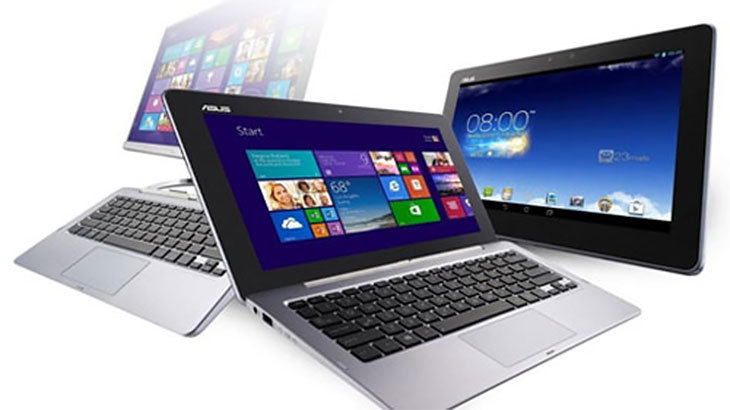Lithium Ion (Li-ion) Batteries Create Problems, Again…
It comes as no surprise, Li-ion batteries continue to create issues where ever they are placed. In 2006, PC Pitstop conducted a test regarding the safety hazard of Li-ion batteries overheating, causing fires. See the video below.
In 2013, the company followed up on this risk, hoping something had been done to increase the security measures. Unfortunately, the safety of these batteries had not been enhanced. Over the last five years, Li-ion batteries have been repeatedly making the news for their fire and explosion risks. Several computer companies have issued recalls and public statements regarding the risk of Li-ion batteries. These companies include Sony, HP, Lenovo, and Toshiba.
These issues have raised red flags in the airline industry as well. Just this week, the Chicago Tribune reported on the concerns of Li-ion batteries being stowed away in checked luggage, stating
“…when a laptop’s rechargeable lithium-ion battery overheats in close proximity to an aerosol spray can, it can cause an explosion capable of disabling an airliner’s fire suppression system. The fire could then rage unchecked, leading to the loss of the aircraft.”
Beyond computers, concerns have been raised for cellphone manufacturers as well. Most recently, Samsung recalled the Note 7 for safety issues with the Li-ion battery exploding. This led to the Samsung Note 7 also being banned on flights.
Earlier this week, the Daily Mail released a video of firefighters struggling to extinguish a fire within the Tesla Model S after a teen crashed the car into a cement wall. Firefighters struggled to put out the blaze after toxic fumes emerged from the burning Li-ion battery. In order to stop the fire, the crew had to cool the battery and cut the energy supply.




